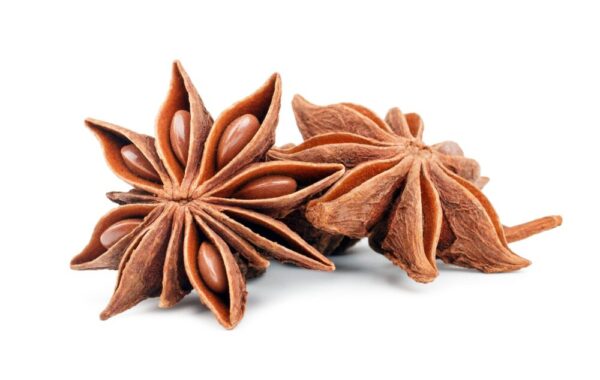EPSAN® PLUS is a new preservative system made of natural ingredients that has an antimicrobical effect against yeast, fungi, gram-positive and negative bacteria, making it suitable for versatile applications in the nutraceutical and cosmetic industry.
Polylysine
Polylysine is a natural homo-polymer created from L-lysine. It typically has a polymerization degree ranging between 25 and 35 and possesses a molecular weight around 5000. This compound is produced through bacterial fermentation. A notable function of Polylysine in cosmetic applications is its ability to inhibit the bonding of NF-kB with DNA.
p-Anisic Acid
p-Anisic acid, which is alternatively known as 4-methoxybenzoic acid or draconic acid, represents one of the isomers of anisic acid. It is a natural constituent found in anise. This compound is recognized for its antiseptic or germicidal properties, making it a valuable ingredient in cosmetic formulations.
EPSAN® PLUS attaches to the cell membrane of the microbe, it damages the membrane structure causing the material, energy and information transmission of the cell to stop. This will eventually leads to the intracellular lysosomal membrane rupture, induce the micro-organisms to autolysis and the breakage of the Intracellular lysosomal membrane causes the death of the bacterial cell.
EPSAN® PLUS has high thermal stability. The test of antibacterial activity to Escherichia coli shows very little difference in conditions of 80°C for 60 min, 100°C for 40 min and 120°C for 40 min, as it can hardly be decomposed and inactivated under high temperature.
This allows EPSAN® PLUS can be treated with the raw material for sterilization and preventing secondary contaminations.
Some research shows the combination of Polylysine with acidic polysaccharides, hydrochloric acid salts, phosphate type or copper ions, may causes it’s lower activity. The presence of anisic acid solves this problem. With hydrochloric acid, citric acid, malic acid, glycine and senior fatty glyceride, the combination Polylysine + p-Anisic Acid becomes more effective.
Test Material
Cream with EPSAN® PLUS 1.0%
Results
REDUCTION OF THE BACTERIAL LOAD
GRAM +
Staphylococcus aureus: reduction in 7 days
GRAM –
Escherichia coli: reduction in 7 days
Pseudomonas aeruginosa: reduction in 7 days















